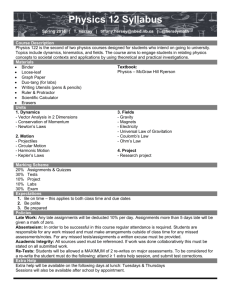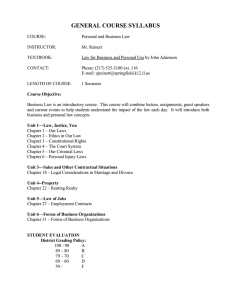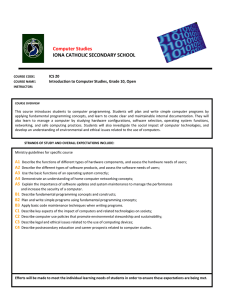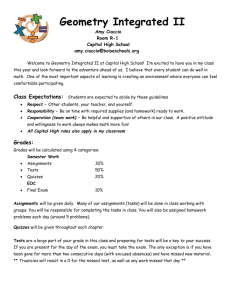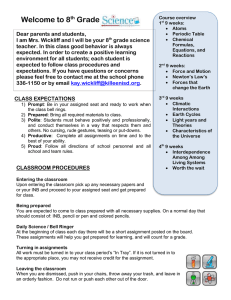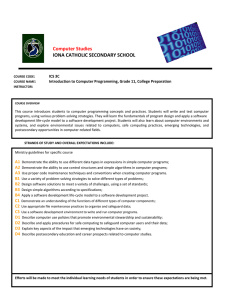Six Keys to Studying for Math
advertisement
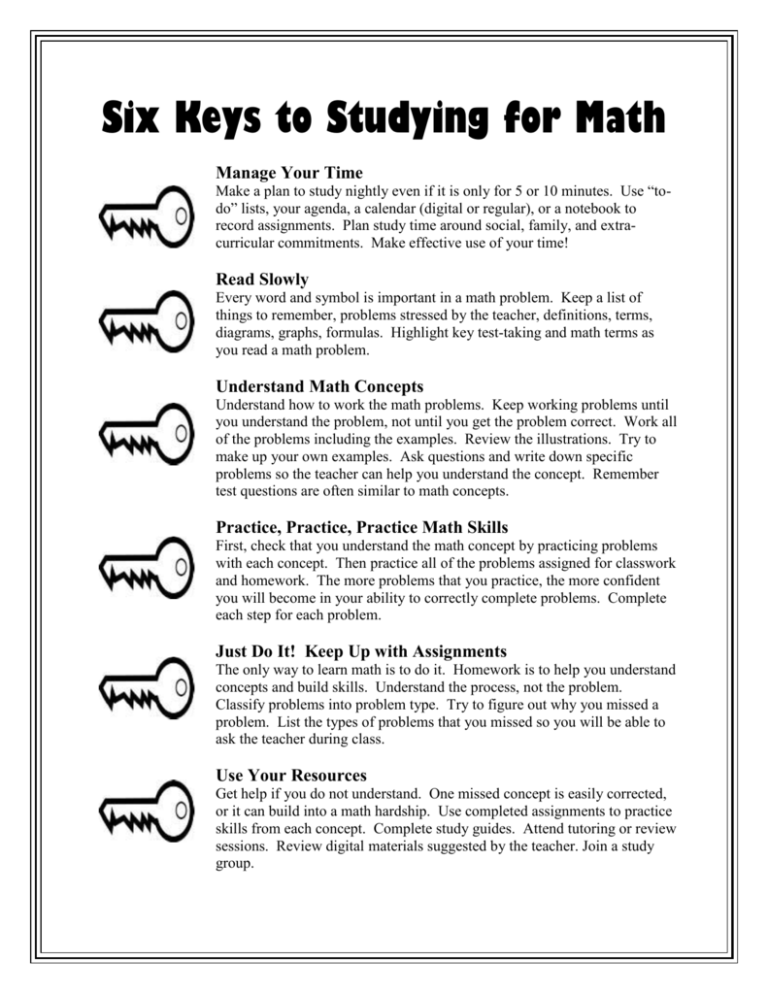
Six Keys to Studying for Math Manage Your Time Make a plan to study nightly even if it is only for 5 or 10 minutes. Use “todo” lists, your agenda, a calendar (digital or regular), or a notebook to record assignments. Plan study time around social, family, and extracurricular commitments. Make effective use of your time! Read Slowly Every word and symbol is important in a math problem. Keep a list of things to remember, problems stressed by the teacher, definitions, terms, diagrams, graphs, formulas. Highlight key test-taking and math terms as you read a math problem. Understand Math Concepts Understand how to work the math problems. Keep working problems until you understand the problem, not until you get the problem correct. Work all of the problems including the examples. Review the illustrations. Try to make up your own examples. Ask questions and write down specific problems so the teacher can help you understand the concept. Remember test questions are often similar to math concepts. Practice, Practice, Practice Math Skills First, check that you understand the math concept by practicing problems with each concept. Then practice all of the problems assigned for classwork and homework. The more problems that you practice, the more confident you will become in your ability to correctly complete problems. Complete each step for each problem. Just Do It! Keep Up with Assignments The only way to learn math is to do it. Homework is to help you understand concepts and build skills. Understand the process, not the problem. Classify problems into problem type. Try to figure out why you missed a problem. List the types of problems that you missed so you will be able to ask the teacher during class. Use Your Resources Get help if you do not understand. One missed concept is easily corrected, or it can build into a math hardship. Use completed assignments to practice skills from each concept. Complete study guides. Attend tutoring or review sessions. Review digital materials suggested by the teacher. Join a study group.
